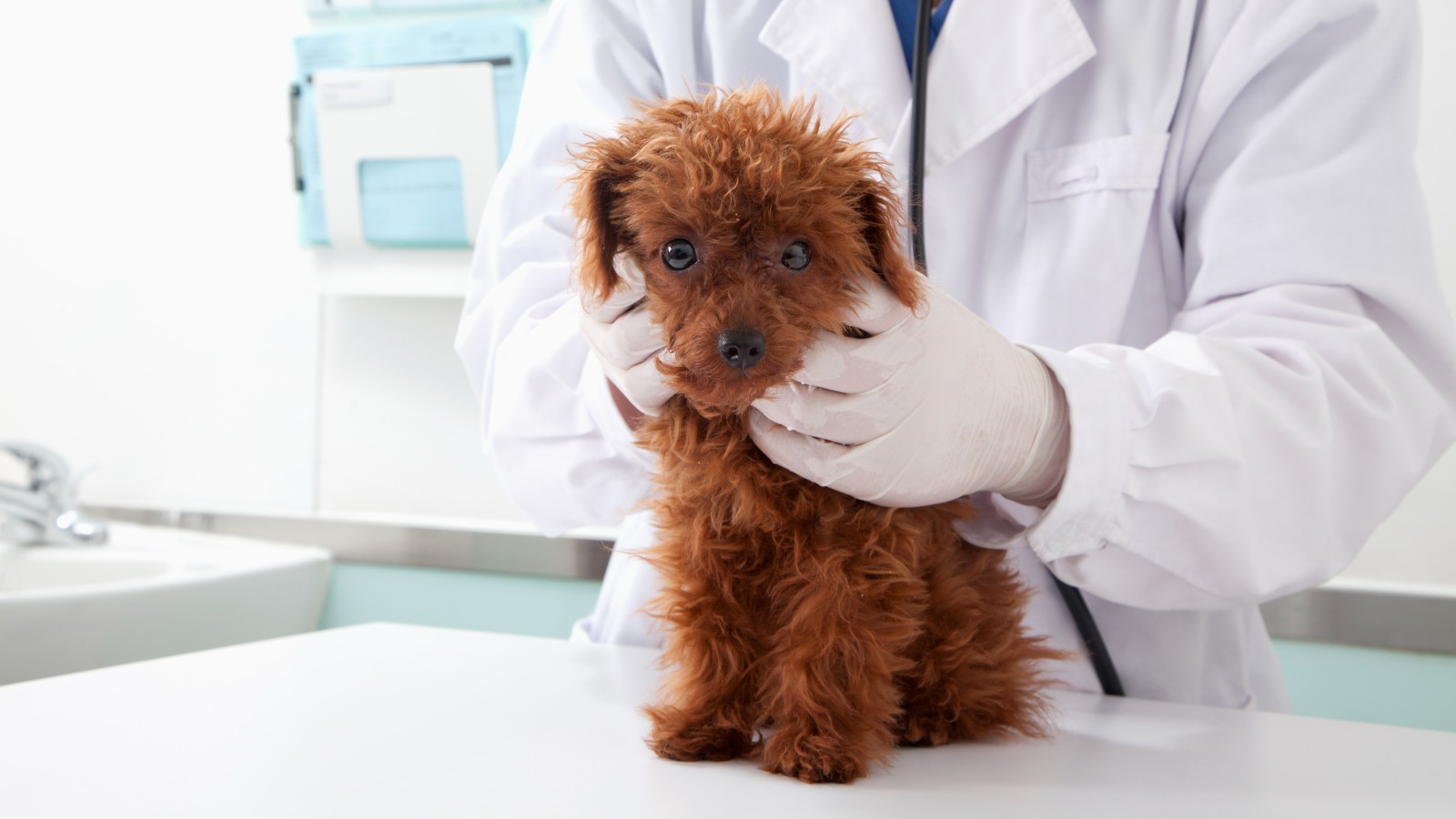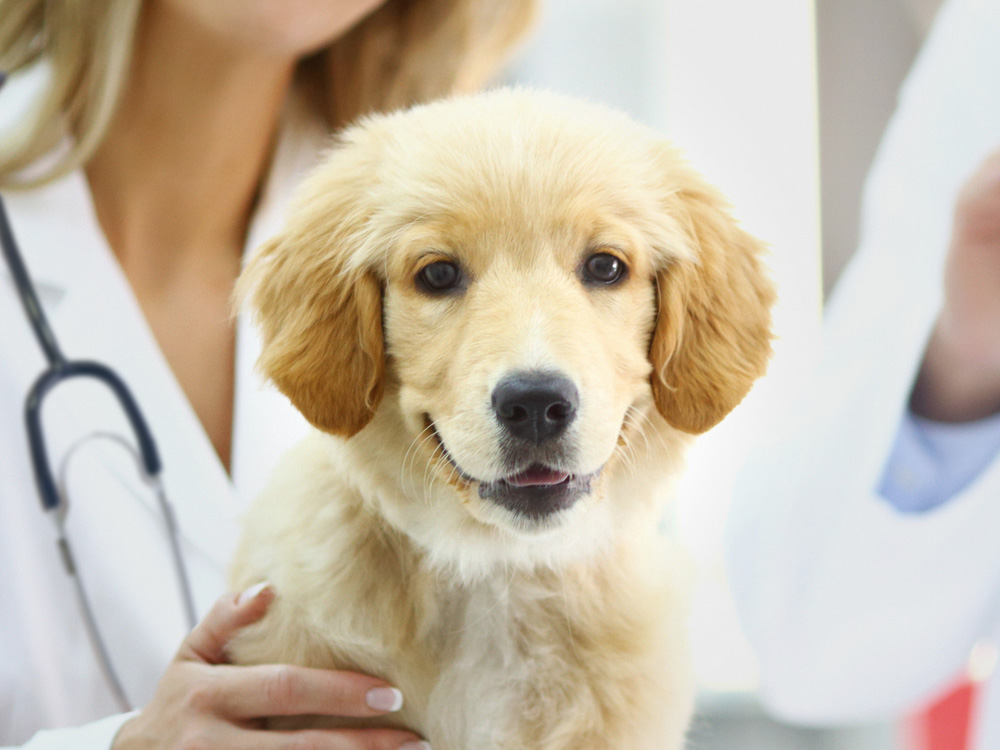
Veterinarians and breeders are understanding experts of dog and cat breeds. But, there are specifications that they need a specialist, such as pet genetics, in which DNA testing is involved.
Orivet is offering breeders and veterinarians a wide range of genetic services, including:
- screening of genetic diseases
- coat colors
- traits
- parentage confirmation
Not only these! At Orivet, all care for your breeds is provided.
What is dog DNA testing?
Dog DNA testing is the highest dog DNA test providing the most accurate understanding of health and breed for purebred dogs and mixed breeds. DNA testing can cover breed results, whether it is accurate on the percentage of the dog breeding. It analyzes twice, which leads to accurate results.

What does it use for?
Dog DNA testing allows you to understand the dog’s genetics. The test can tell whether the dog is affected by a specific condition or passes on genes associated with possible conditions from what they are bred.
Benefits of dog DNA testing
DNA test kits have started appearing in pet supplies stores. The product has a boon who adopted a shelter dog and is very curious about the strong legs with the possibility of a Doberman bred. Is the beardy face of the dog inherited from the shih tzu terrier father? Is the swimming talent came from the Rottweiler breed?
The result on all of these questions is possible to track in dog DNA testing. The test is an essential diagnostic tool for any veterinarian. A lot of conditions and ailments stem from genetics that has passed down in the breeds’ bloodline and some other sets of DNA that may complicate the reaction to the medication of a dog.
One benefit of getting a dog DNA testing is to identify genetic health risks. Dog DNA testing is in two categories:
- Breed identification
- Potential disease identification causing mutations
Breed identification makes up a DNA test that points to an increased likelihood of conditions that develop in the future and yet are not definitive. It tests for some genetic mutations. It is not a bad idea to test out known mutations causing diseases that require additional care for the owners.
Some of the breeds have distinctive mutations. Progressive retinal atrophy has an example for you, which is the Kukekova. It is an untreatable genetic disease causing blindness in the dog. It may be a rare condition for dogs, but it is documented in over 100 breeds.
The vision problems found in dogs have various causes, prognoses, and treatments. Detecting mutation-causing PRA is a worthy step to predict the future holds for a dog. Knowing the combinations of dog breeds spurs the need to be aware of possible disease conditions known in affecting a specific breed.





